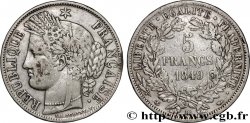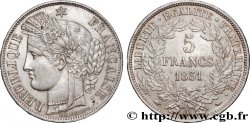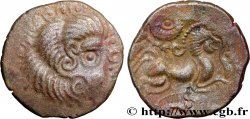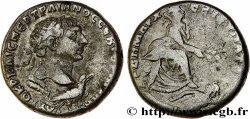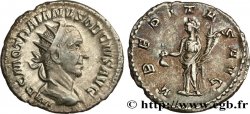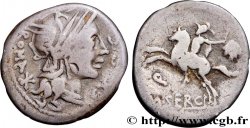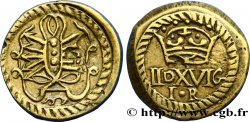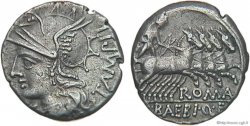v14_0673 - Essai au module de 5 francs de Barre 1851 VG.3284
MONNAIES 14 (2002)
Starting price : 225.00 €
Estimate : 450.00 €
Realised price : 225.00 €
Number of bids : 1
Maximum bid : 400.00 €
Starting price : 225.00 €
Estimate : 450.00 €
Realised price : 225.00 €
Number of bids : 1
Maximum bid : 400.00 €
Type : Essai au module de 5 francs de Barre
Date: 1851
Metal : bronze
Diameter : 37 mm
Orientation dies : 6 h.
Weight : 22,07 g.
Edge : lisse
Rarity : R1
Coments on the condition:
Exemplaire superbe avec une grande partie de la couleur d’origine, du brun commence à recouvrir les reliefs et les champs. très belle frappe
Catalogue references :
Obverse
Obverse legend : REPUBLIQUE - FRANÇAISE.
Obverse description : Effigie de la République à gauche couronnée d’enfants, au-dessus une étoile, au-dessous signature BARRE F..
Reverse
Reverse legend : * PRESSES MONETAIRES DU CHILI .
Reverse description : au centre ESSAI/ 1851 dans une couronne composite.








 Report a mistake
Report a mistake Print the page
Print the page Share my selection
Share my selection Ask a question
Ask a question Consign / sell
Consign / sell
 Full data
Full data